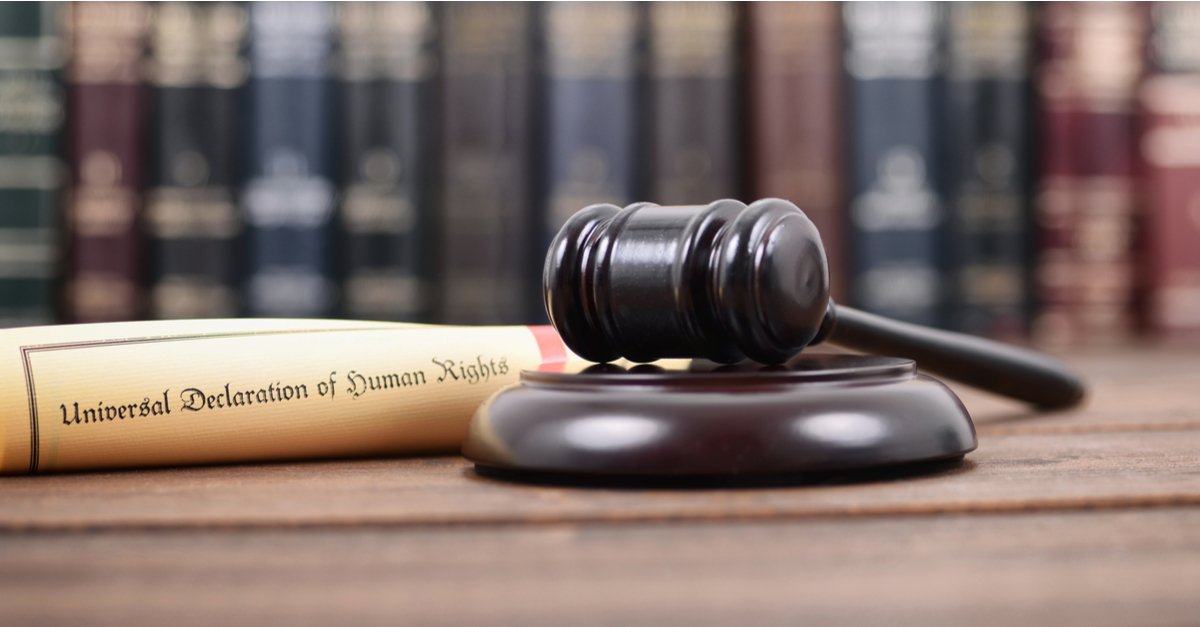MEPs confirmed on Tuesday their determination to protect journalists, activists and academics and their organisations against abusive lawsuits aimed at silencing them.
The European Parliament approved with 546 votes in favour, 47 against and 31 abstentions a new law, agreed with the Council on 30 November 2023, to ensure individuals and organisations working on matters of public interest such as fundamental rights, allegations of corruption, protection of democracy or the fight against disinformation are given EU protection against unfounded and abusive lawsuits. The protection will apply to all cross-border cases except when both the defendant and claimant are from the same EU country as the court or when the case is only relevant to one member state.
Dissuasive financial safeguards
MEPs ensured victims are more robustly protected by introducing two safeguards – early dismissal if the case is unfounded, and the possibility to ask the claimant to pay the estimated costs of proceedings, including legal representation of the defendant, and damages. If the defendant requests an early dismissal, it will be up to the claimant to prove that there are grounds for proceedings to continue . The court may also impose other penalties on claimants, who are often politicians, corporations or lobby groups, such as ordering them to pay compensation for damages.

Remedies for non-EU cases and access to information
To avoid forum shopping – when the claimant picks the jurisdiction where their chances of success are the highest – the new rules ensure that third-country judgments in unfounded or abusive proceedings against individuals or institutions from the EU will not be recognised.
EU governments will also make sure that potential victims of abusive lawsuits can access information in a single place on procedural safeguards and remedies, including legal aid and financial and psychological support. Member states will have to ensure legal aid is provided in cross-border civil proceedings. They should also publish all final judgments in SLAPP (strategic lawsuits against public participation) cases and gather detailed data about them.
Quote
Following the plenary vote, lead MEP Tiemo Wölken (S&D, Germany) said: “SLAPP lawsuits are a threat to the rule of law and seriously undermine the fundamental rights to freedom of expression, information and association. They are a form of legal harassment and an abuse of the justice system, increasingly used by powerful individuals and organisations to avoid public scrutiny. Our courts should not be abused like this for personal gain. This directive will help fight SLAPPs, stopping people from using the courts to intimidate and deter journalists and activists from making information public and enforcing a kind of self-censorship.”

Next steps
The directive will enter into force on the twentieth day following its publication in the EU Official Journal. Member states will have two years to transpose the rules into their national systems.
Background
In light of the increasing number of SLAPPs in the EU, MEPs proposed in a 2021 resolution measures to protect journalists, media outlets and activists from legal harassment.



